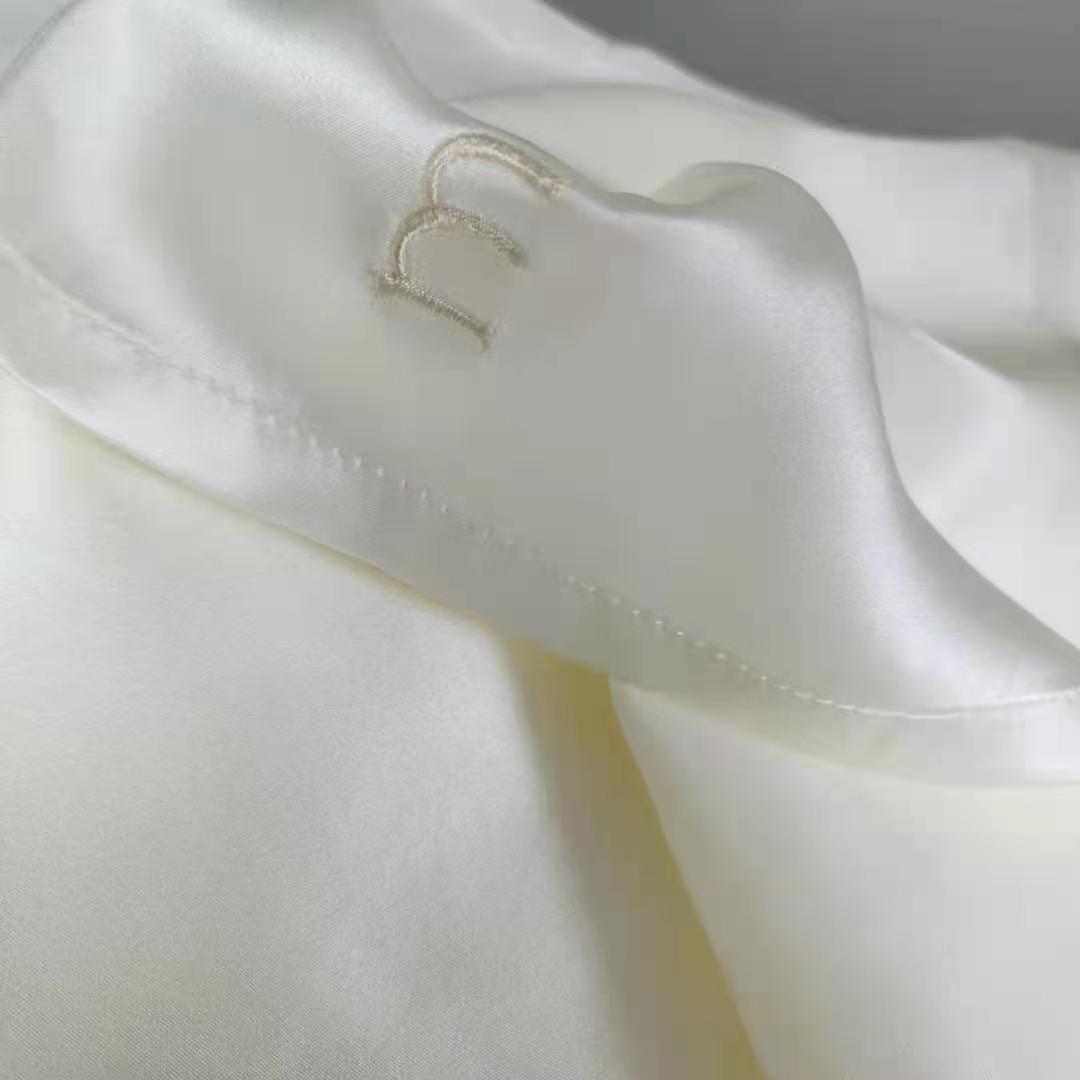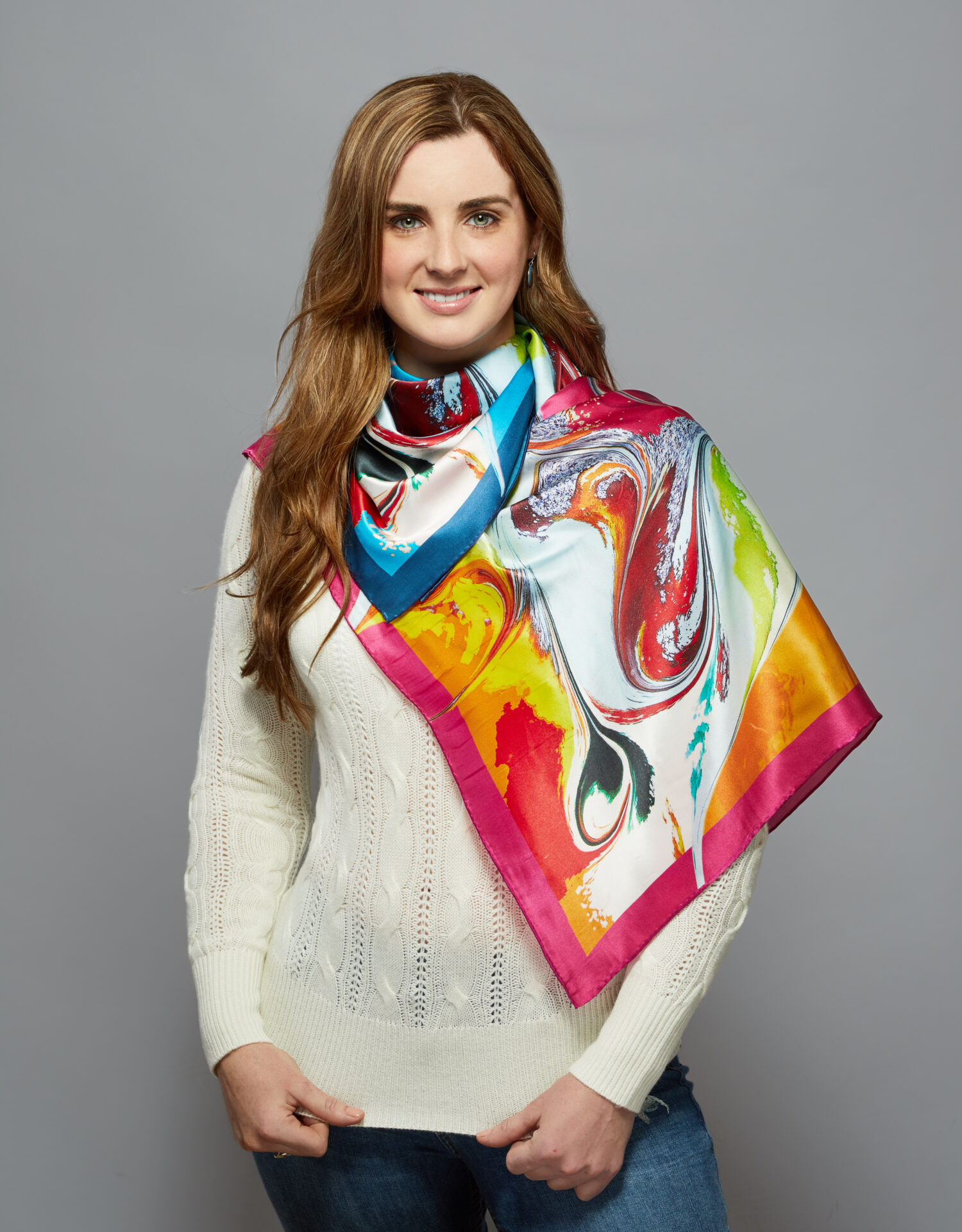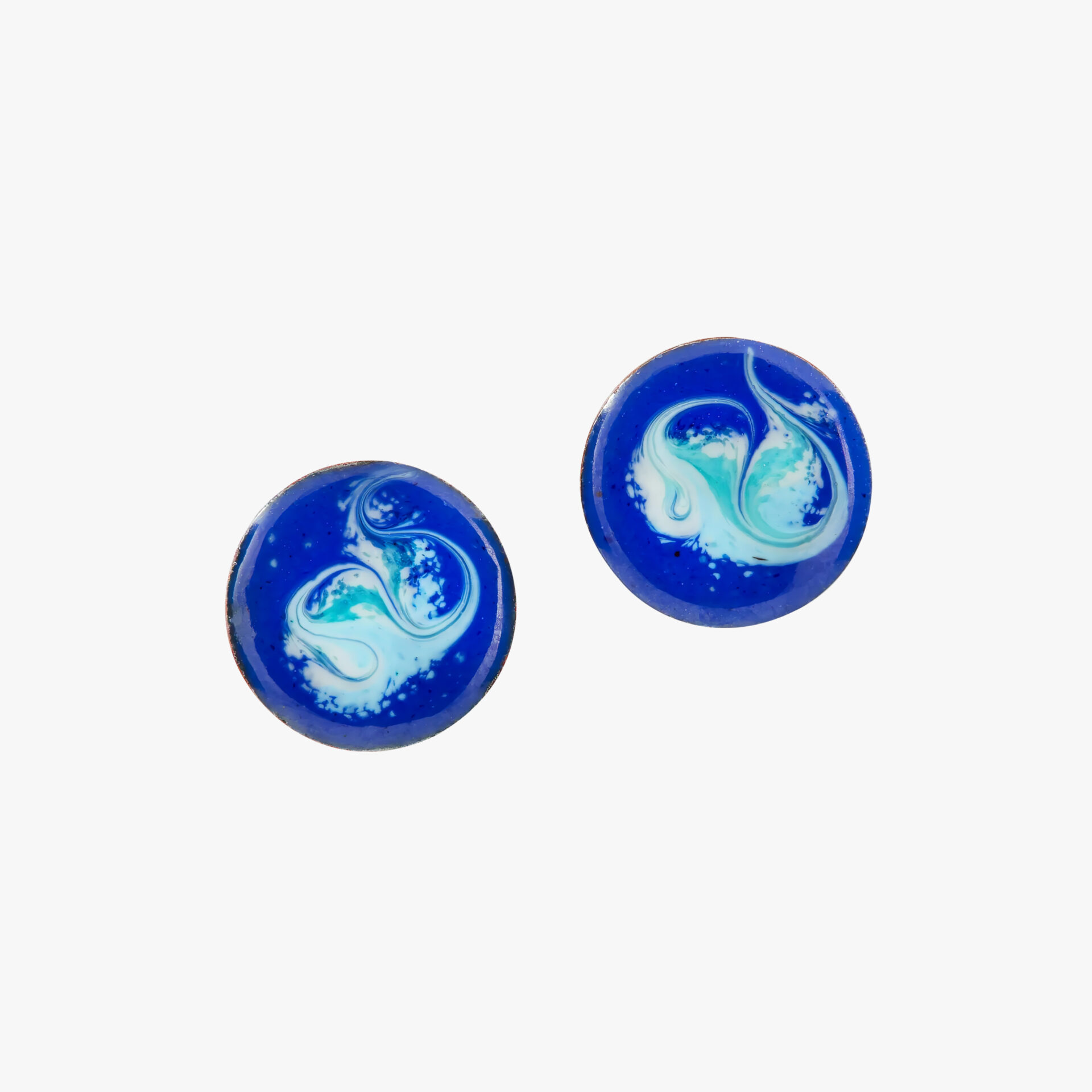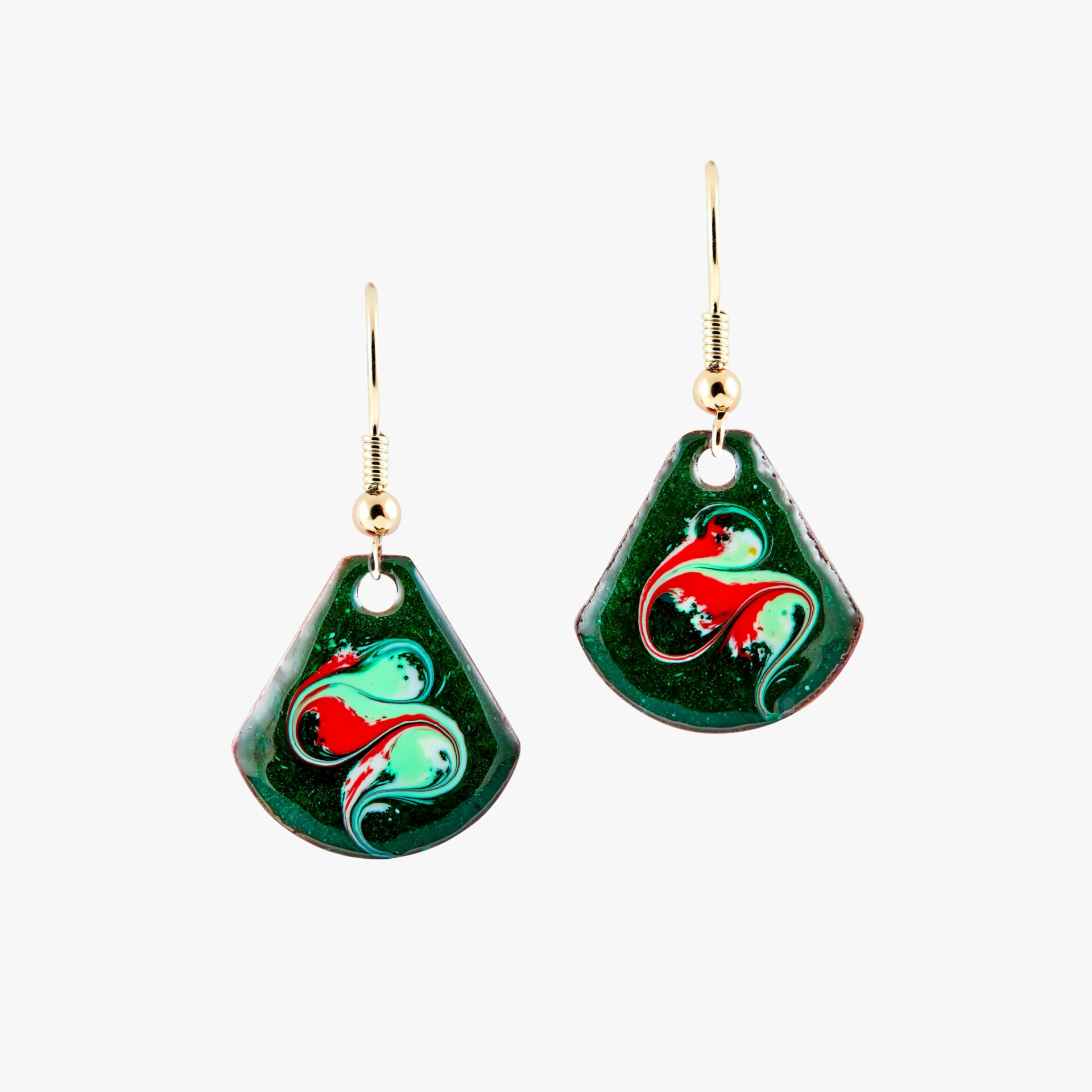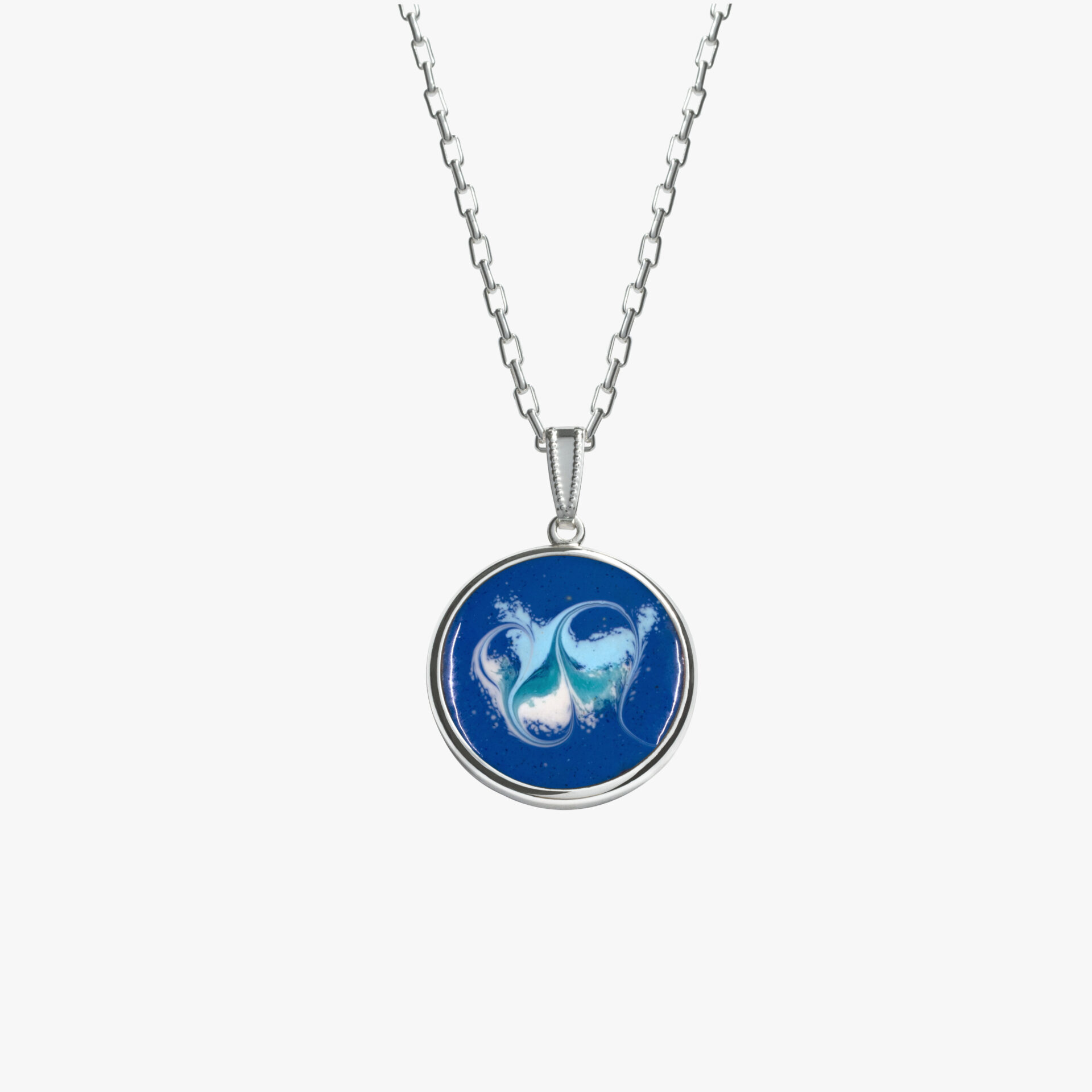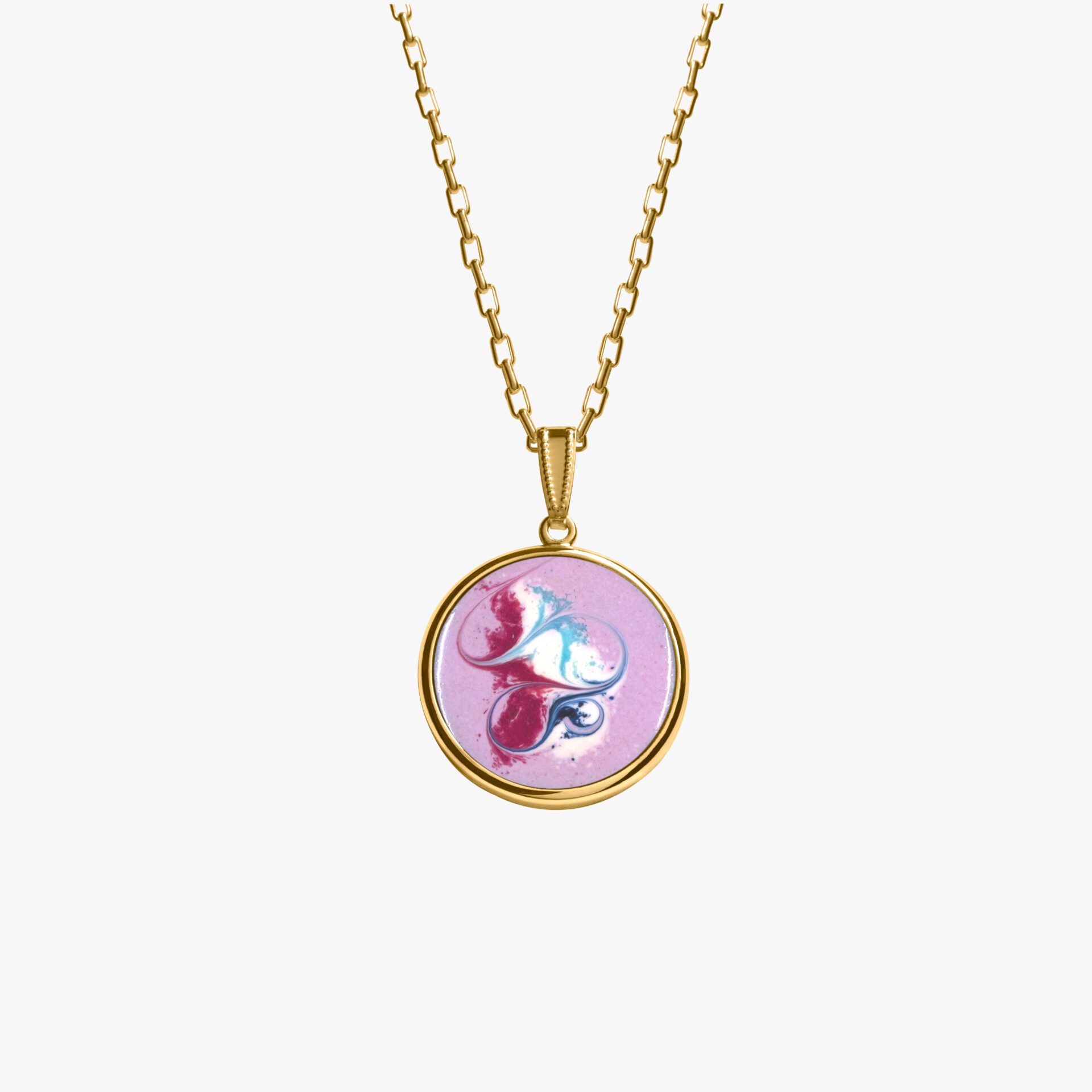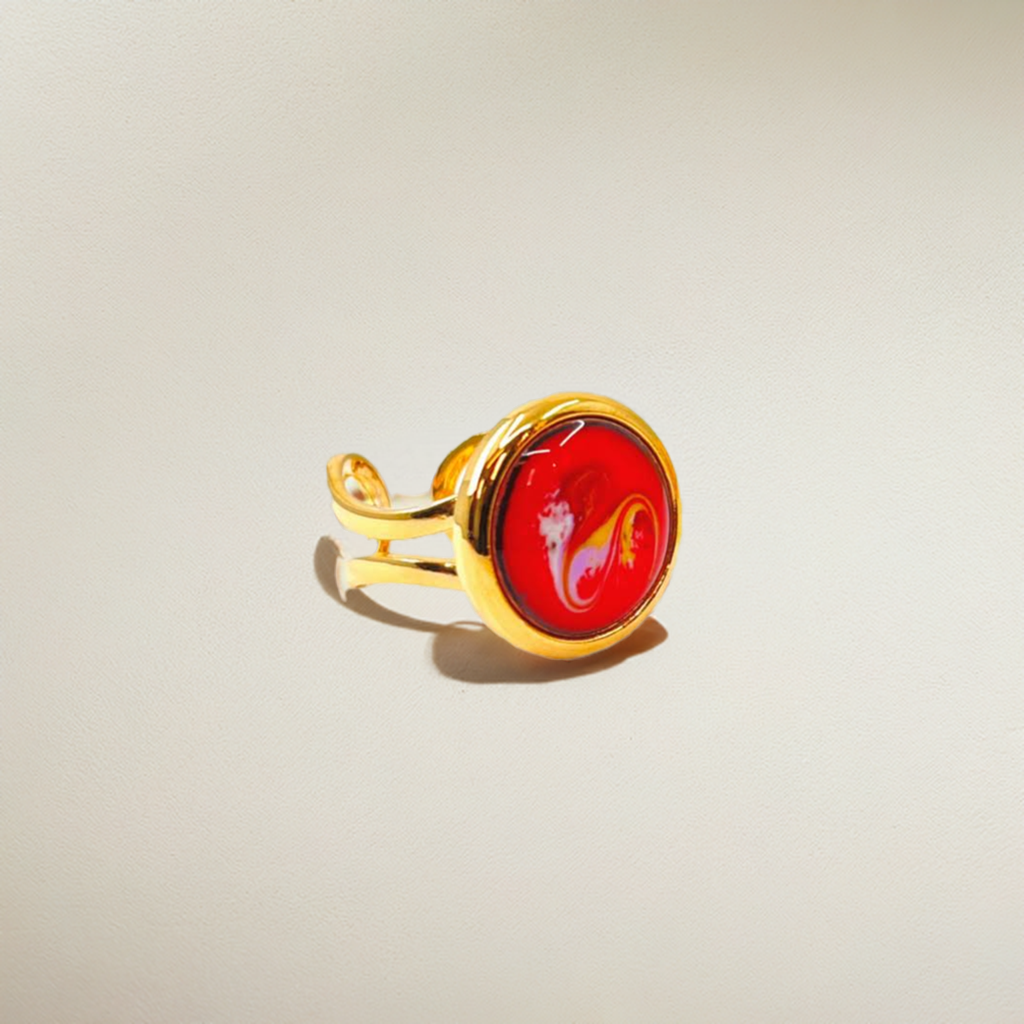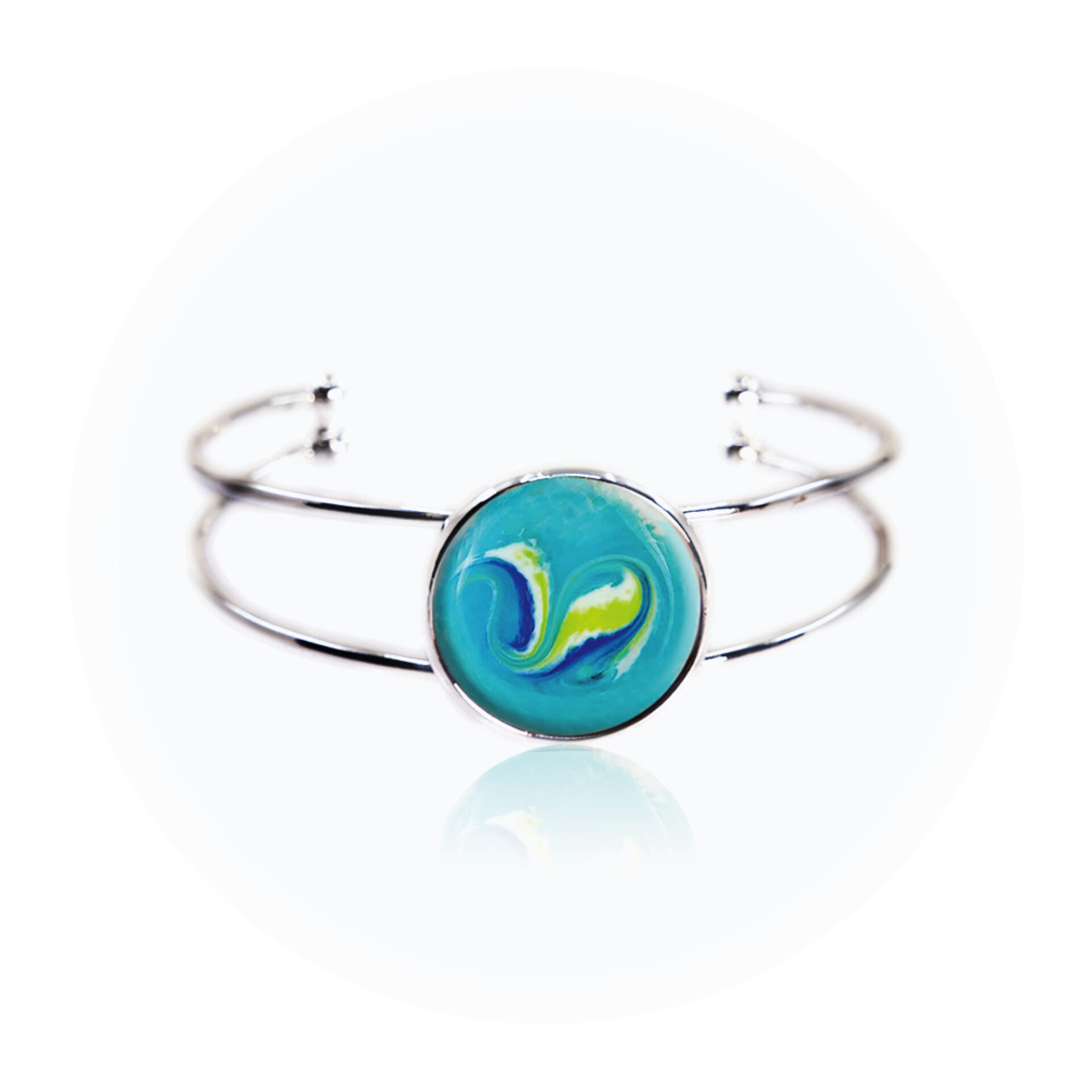Blog
Gaelic words for love and Affection
Gaelic, with its lyrical sounds and rich heritage, offers some of the world’s most evocative words for love. Both Irish Gaelic and Scottish Gaelic, languages of the Celtic lands, have long expressed love, affection, and devotion through their unique vocabulary. These Gaelic words for love reveal the cultural and poetic nuances that define romance, friendship, and deep admiration.
In this guide, we’ll explore a selection of Gaelic words for love and affection, each word offering a window into the heart and soul of Gaelic-speaking cultures.
The Language of Love in Gaelic Culture
Love in Gaelic culture is celebrated through song, poetry, and folklore. Expressing love is not just about romantic affection but also about friendship, loyalty, and family bonds. Gaelic words for love capture these varied dimensions, often carrying layers of meaning that go beyond simple translation. Let’s dive into some of the most beautiful Gaelic words for love and explore their roots and meanings.
Gaelic Words for Love and Affection
- Gràdh (Scottish Gaelic) / Grá (Irish Gaelic)
Pronounced as graw in both dialects, “Gràdh” in Scottish Gaelic and “Grá” in Irish Gaelic are the most direct translations for “love.” However, their meaning can vary based on context, conveying both romantic love and deep affection. In poetry and song, gràdh is often used to describe passionate love or intense devotion to a loved one. - Mo Chridhe
Literally translating to “my heart,” mo chridhe (pronounced mo kree-uh) is a Scottish Gaelic term of endearment, often used for someone very close, like a partner or child. This phrase is equivalent to “my darling” or “my love” and captures the deep connection felt with someone cherished. - A Stór / A Stòiridh
In Irish Gaelic, a stór (pronounced uh store) means “my treasure” and is a common term of affection. The Scottish Gaelic version, a stòiridh, carries a similar meaning, used as a way of addressing someone with love and fondness. This phrase is often found in traditional Gaelic songs and poems, used to express admiration and value. - Cairdeas
Pronounced car-jess, cairdeas is a Gaelic word that conveys a loving friendship or bond. Although it doesn’t directly translate as romantic love, cairdeas speaks to the strong connections between friends, the loyalty that defines Gaelic friendships, and a love that endures over time. - Cumha
Cumha (pronounced koo-a) is a Gaelic term that speaks to longing or yearning, often for a loved one who is absent. This word conveys the bittersweet aspect of love, the deep connection felt even in someone’s absence. It’s used in Gaelic poetry and songs to describe both romantic longing and missing family or close friends. - Anam Cara
In Irish Gaelic, anam cara means “soul friend” or “soul mate.” Traditionally, an anam cara is someone with whom you share a spiritual bond beyond physical or romantic attraction—a soulmate in the truest sense. This concept is rooted in Gaelic culture, where an anam cara reflects a deep connection of trust, love, and understanding. - Dàimh
Pronounced da-iv, dàimh is a Scottish Gaelic term meaning kinship or affinity, often describing a close, familial love. The word captures the sense of love that isn’t limited to romance, embodying the familial ties that are vital to Gaelic communities. Dàimh can also mean a connection that feels like family, emphasizing a love that feels intrinsic and natural. - Rùn
Rùn (pronounced roon) is a multifaceted Gaelic word that can mean “secret,” “desire,” or “beloved.” It’s commonly used in endearing expressions like mo rùn (“my beloved”) in Scottish Gaelic, making it a poetic choice for expressing love. This word beautifully captures the private, cherished feelings that love inspires. - A Ghrá
An Irish Gaelic term, a ghrá (pronounced uh graw) translates to “my love.” Often used as a term of affection, it reflects a deep emotional bond and is frequently used in poetry, songs, and everyday life to convey love and tenderness. - Fìor-ghràdh
Meaning “true love” in Scottish Gaelic, fìor-ghràdh (pronounced feer-graw) is used to describe an unwavering love. This term is often used in romantic contexts, symbolizing a love that is genuine, deep, and lasting, often beyond life’s challenges or limitations.
Gaelic Love in Cultural Expressions
Gaelic words for love have long inspired poets, musicians, and writers in the Gaelic-speaking world. In traditional Gaelic music, these words often form the heart of ballads and love songs, capturing emotions that resonate across time. Some love songs may refer to a cherished one as mo chridhe or a stór, while Gaelic poetry might speak of anam cara to convey a soulful connection.
Additionally, in Gaelic communities, family and kinship bonds are central, which means that words like dàimh and cairdeas are as essential to expressing love as romantic words like gràdh and fìor-ghràdh. Gaelic values extend beyond romantic relationships, celebrating deep bonds with family and friends as essential aspects of life.
About Gaelic Words for Love
Are Irish Gaelic and Scottish Gaelic terms for love similar?
Yes, many Irish and Scottish Gaelic terms for love are quite similar, but there are differences in pronunciation and spelling. Both languages share a Celtic heritage, so words like gràdh (Scottish Gaelic) and grá (Irish Gaelic) have similar meanings but are used in distinct cultural contexts.
How can I use Gaelic terms of endearment?
Gaelic terms of endearment like mo chridhe or a stór are often used in close relationships. You can use them with a romantic partner, family member, or close friend to express affection.
What is the most poetic Gaelic word for love?
One of the most poetic Gaelic terms for love is anam cara, meaning “soul friend.” It conveys a deep spiritual bond that transcends physical attraction, highlighting the Gaelic perspective on love as a connection that touches the soul.
A lot of love in gaelic culture
By incorporating these beautiful Gaelic words for love into your own vocabulary, you can share a bit of this cultural heritage in your expressions of affection, carrying forward a language that has celebrated love for centuries.




